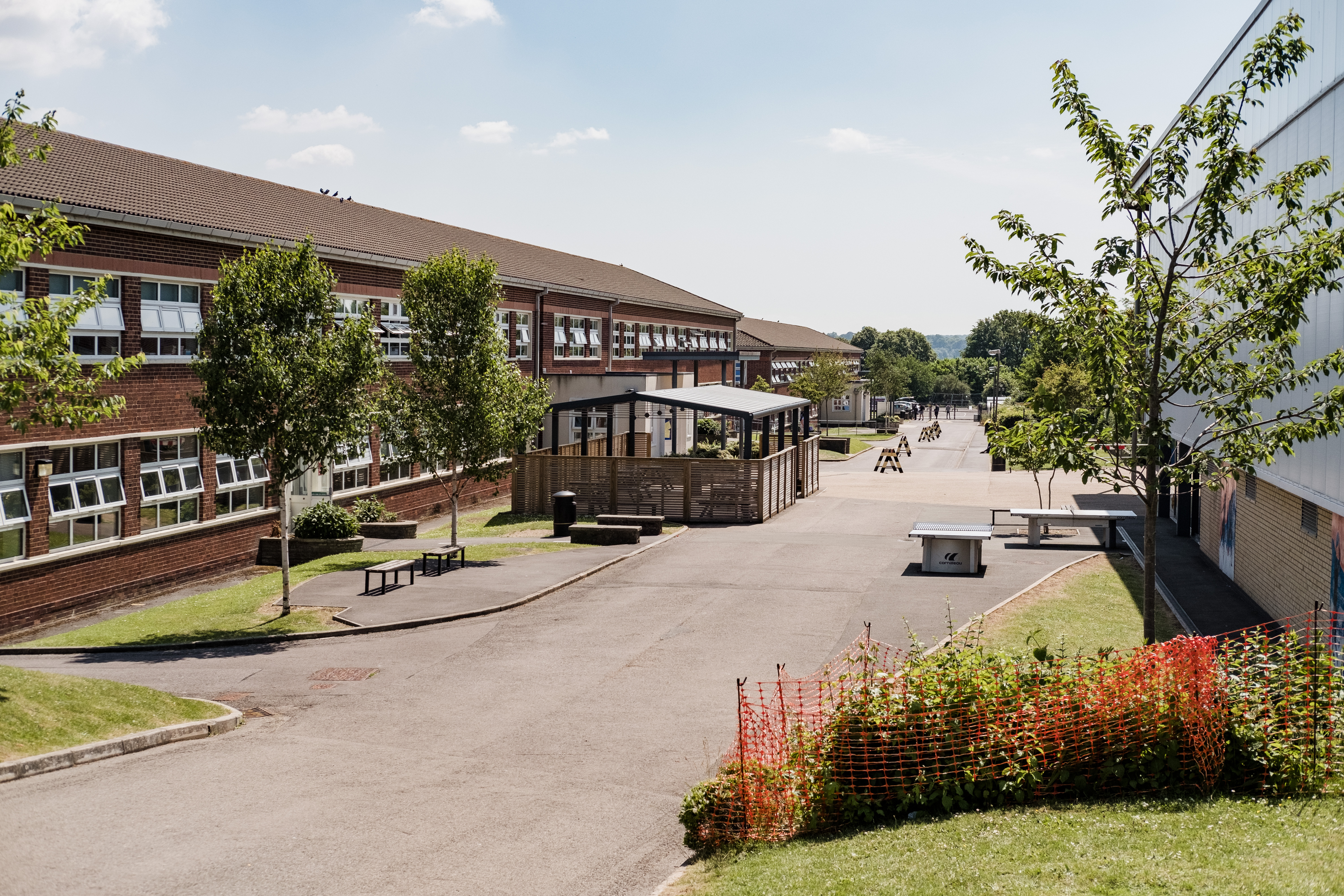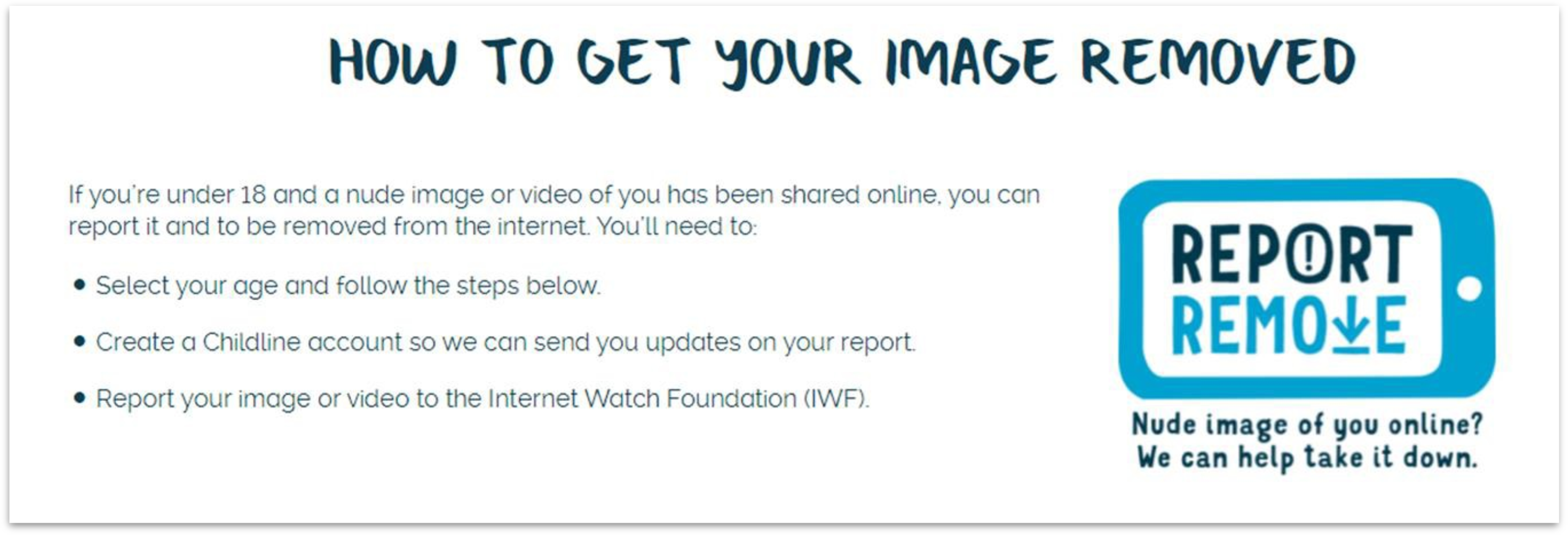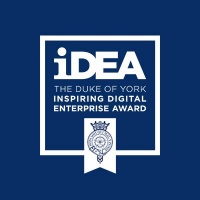eSafety at BFS
We keep children eSafe at school both by using electronic protections and by teaching them how to stay safe online.
Filtering and Monitoring Systems
Internet access at school is filtered using blocklists provided by our Internet firewall provider (Sonicwall). These lists are based on those recommended by the UK Safer Internet Centre for Child Sexual Abuse Content, Terrorism Content, Adult Content and also Offensive Language. We regularly check that our systems are using these lists and we also review websites frequently visited from devices in school. Any inappropriate sites are added to an additional blocklist.
School devices, whether used on site or outside of school are monitored for inappropriate use using Smoothwall Monitor. This system monitors keyboard input and other activity and alerts safeguarding staff in school who then investigate these alerts.
ONLINE SAFETY HUB
All Trust schools, including ours now have free access for all parents/carers to an online safety hub provided by Smoothwall: https://russelleducationtrust.onlinesafetyhub.uk
This is a brand-new resource with lots of expert advice and guidance to help you manage your child’s safety online.
It includes information on the latest hot topics when it comes to keeping children safe, such as how to manage your child’s screen time, understand the latest gaming platforms, what they mean for your child’s safety and lots more.
QUSTODIO
Qustodio is part of Smoothwall and provide online filtering and monitoring services to parents/carers for your devices. Details of this and the online safety hub are in this document.
There is also a subscription version with additional features and that will manage even more devices. If you do subscribe, please use the discount code at the end of the linked file.
how to report harmful contents
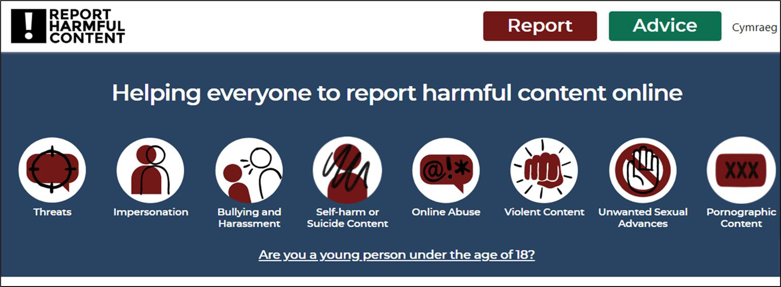 Advice - Report Harmful
Content
and Submit a Report of Harmful Content (reportharmfulcontent.com)
Advice - Report Harmful
Content
and Submit a Report of Harmful Content (reportharmfulcontent.com)
Student Online Activity
Students work online within the protections of the filtering and monitoring systems above. They do have email accounts provided by Microsoft in order to access Teams and various online learning resources. The email accounts themselves are isolated from both sending and receiving outside of Russell Education Trust schools. Students may therefore only interact with other students and staff from the Trust through Microsoft Services and these interactions are monitored and can be logged.
During lessons and for homework, students may need to visit websites in order to undertake some learning activities. The websites planned for use are detailed on the curriculum pages of each subject. Occasionally teachers may ask students to visit other websites.
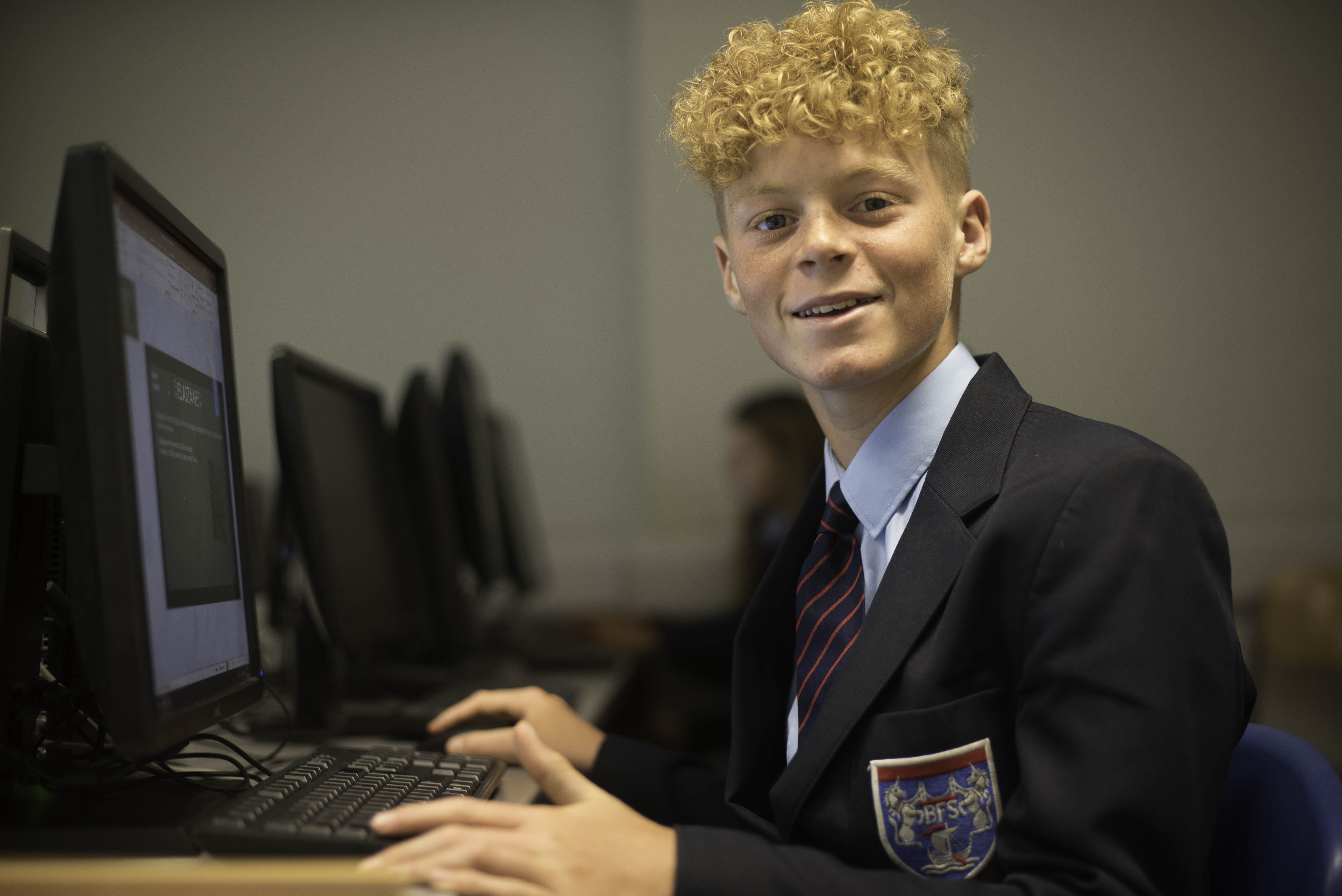
The Internet is very much a part of life, it is available anywhere there is a wireless or wired connection, including TV's, mobile phones, games consoles as well as computers, and laptops. As an educational establishment we recognise the importance of the internet in our students lives, not just in our primary focus of education, but also in our students social interaction, leisure pursuits and creative expression.
The Internet enhances our students' education too, with access to the internet students have a wealth of knowledge at their fingertips, this together with a carefully planned lesson can enhance a students' knowledge of the subject matter at hand.
Whilst we recognise these benefits and the importance of the internet, we also recognise that there are drawbacks and potential dangers to anyone who uses it, for example
- Access to inappropriate materials. such as pornography and violence.
- Email scams.
- Viruses.
- Easier access to personal information.
- Communication with strangers.
These issues and more are addressed in the college's PSHCE and tutorial curriculum e-safety lessons. Our teachers are trained to ensure our students do use the internet in their lessons in a productive and informative way, for example when asked to research a subject, students are asked to make sure their information is coming from a credible source and that they check all the facts they find to avoid misinformation. They also discuss how to recognise risk taking and how to behave responsibly online.
If students have any concerns about their or someone else’s use of the Internet or technology, it is essential they discuss these concerns with a trusted adult as soon as possible to minimise any risk.
Bronze and Silver Duke of York iDEA Award
All KS3 students have the opportunity to achieve Bronze and Silver Duke of York iDEA Award in lessons and for homework to help them develop digital, enterprise and employability skills. KS4 students have the opportunity to work towards the awards as an extra-curricular activity. The badges earned help reinforce understanding about subjects they may already know a bit about as well as enhancing their digital literacy ready for the world of work.
The badges are divided into categories for different types of skills including:
- Citizen - digital awareness, e-safety and ethics
- Worker - tools and technique which are useful in the workplace
- Make - digital creativity and how to build and make safely in the digital world
- Entrepreneur - how to organise ideas and bring them to life
The Awards are not only for students - all parents are welcome to sign up and work on achieving their own Bronze and Silver Duke of York iDEA Awards! Please share with us any success or contact Mrs Sherman for further information.
E-safety weblinks
One of the huge benefits to the internet is that there is now a wealth of information out there, we have gathered together a handful of websites that contain excellent resources to help you learn and keep informed about the internet and new technologies.
Thinkuknow
This website is managed by CEOP, the Child Exploitation and Online
Protection government agency, this site has lots of up to date information on the new technologies
available for use and explains the risks of using these technologies in and easily digestible
format.
www.thinkuknow.co.uk
Childnet International
Childnet International’s mission is to work in partnership
with others around the world to help make the Internet a great and safe place for children
www.childnet.com
Know IT All
Award winning resources for teachers and parents.
www.childnet.com/resources/kia
Kidsmart
A Website where you and your children can learn more about the internet
and being a SMART surfer.
www.kidsmart.org.uk/parents
Digizen
The Digizen website provides information for educators, parents, carers,
and young people. It is used to strengthen their awareness and understanding of what digital citizenship
is and encourages users of technology to be and become responsible DIGItal citiZENS.
www.digizen.org
Useful guides
We have included a selection of documents we feel are useful for parents regarding online safety. Please download and go through them with your children, revisiting them as often as needed. The safety of your children is of utmost important to us all and the relationship between student, parents/carers and school is strengthened when communication and support is visible. Please contact a member of staff if you would like any additional advice or guidance or you have a concern.
Advice for Parents AskFM Online Guidance
IM Screen Time Family Agreement Advice and Template
Online Gaming Supporting Young People
Digital Leaders
We have a team of Digital Leaders who lead on e-safety in the school, for parents as well as in the local community. To become a fully-fledged Digital Leader, students must complete the Digital Leader training as well as attend weekly meetings. Students will also be able to discuss any concerns with a Digital Leader who would then pass concerns on to a trusted adult within school.
We also have an email address for students or parents to contact us: digitalleaders@bristolfreeschool.org.uk
